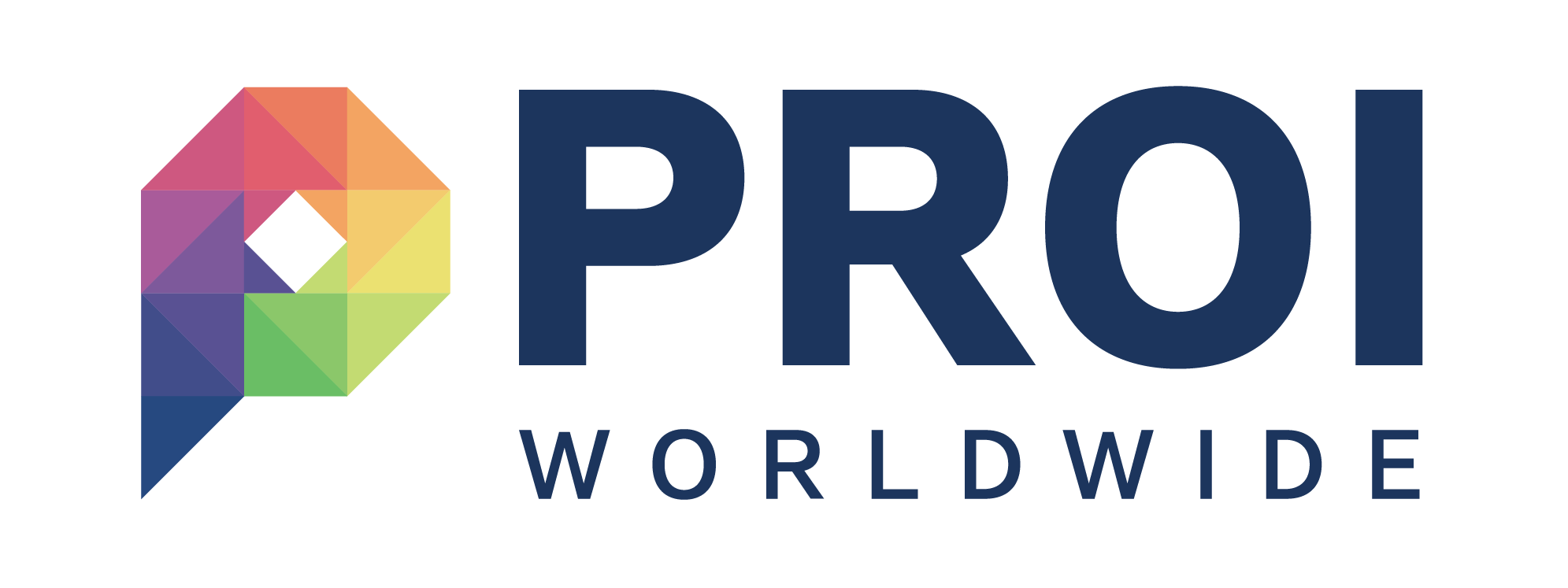Article: How Facebook really knows what you want
Author: Theo PepperDate: Theo Pepper
User data is set to be one of the hottest topics of discussion among marketers in 2018, as the industry continues to utilise it for effective targeting and engages with developments like GDPR. And aside from the statistics, you can tell just how powerful user data has become from some of the anecdotes that have emerged online.
There are dozens of cases of people who have been served ads online that are so well tailored to them that they get suspicious. These suspicions have ignited an intense debate as to just how clean some of the large web companies’ user data is. Facebook in particular has come under fire, with many of its users convinced it is using the microphone on their phones to search for keywords in their real-life conversations, in order to more effectively advertise to them.
No one has been able to prove it definitively yet. But this hasn’t deterred the upset users, which is understandable when Facebook won’t offer an alternative explanation for some of the spookier stories, such as the person who started receiving ads for a very specific projector after they had a private conversation about it that their phone could have heard.
Of course, there are plenty of reasonable and comparatively non-invasive possible explanations, such as frequency bias, Facebook advertising products to you based on what your friends have showed interest in, or a Google Search you don’t remember doing. However, Facebook still won’t debunk individual cases, even if they have tens of thousands of their users in outrage because they believe their privacy has been invaded.
The reason why is fairly complicated. In short, Facebook has a system of machine learning programs and neural networks that use a massive array of data points such as search history, GPS data and friend information to determine which ad is best suited to which user. It is all done by computer programs in such a way that humans can’t go back and find the reasoning for the delivery of any particular ad because the number of variables and the logical steps between them are so vast that they would take forever to read and wouldn’t make much sense.
This works incredibly efficiently and effectively, especially when your data can be stored in plain text. I.e. the data that says I am interested in buying a new jacket would take up a negligible amount of space in Facebook’s enormous databases.
This data would not work anywhere near as efficiently or effectively if it were stored as an audio file, and for a few reasons. First of all, the size of the data would be enormous, and mostly useless. Look at your phone right now: what can the microphone hear? At the moment, mine can probably just about hear a bunch of people in an office typing (there is often good conversation in the KISS office, people are just quite busy at the moment). It’s safe to say that that isn’t useful data for Facebook to be storing, especially when 30 seconds of that data takes up about 5MB, roughly equivalent to the complete works of Shakespeare in a text format.
Then what? How does Facebook know what it’s listening to? Neural networks are getting good at determining what they’re looking at, but they’re not as good at telling what they’re listening to. The best option would be to hire a human to listen through the recording from my phone. By this point, Facebook have spent far too much time, money and resources to find out that I work in an office where people type.
And the most interesting reason why Facebook don’t use the microphone on your phone to listen to your private conversations also explains away the theories that they do: Facebook has no need to listen to you. Facebook already knows I work in an office, so does Google, so does Microsoft and Apple and probably even Yahoo. The tech giants know almost everything about you. They have access to your location information, to your emails and to your contacts (even your shadow contacts). There is very little that they could find out by listening through your microphone that they don’t already know.
In other words, the investment that Facebook would need to make to record and analyse information from your phone’s microphone would be enormous, and since the data they already have is so powerful that people think they are listening to us, what would the point in actually doing it be?
So, Facebook has an uncomfortable amount of data about all of us. What can we do about it? There are a few steps that you can take, but the only one with substantial effects is to not use Facebook (or Messenger or Instagram) at all. I doubt I could convince any significant number to give it up. I haven’t even convinced myself.
Many are discussing the prospect of a data revolution, and marketing will be no different. GPDR is a step in the right direction, but we’ll need more if we’re to balance the power of data. Otherwise, the industry will continue to be caught up in theories about invasion of privacy.
View PDF Version
